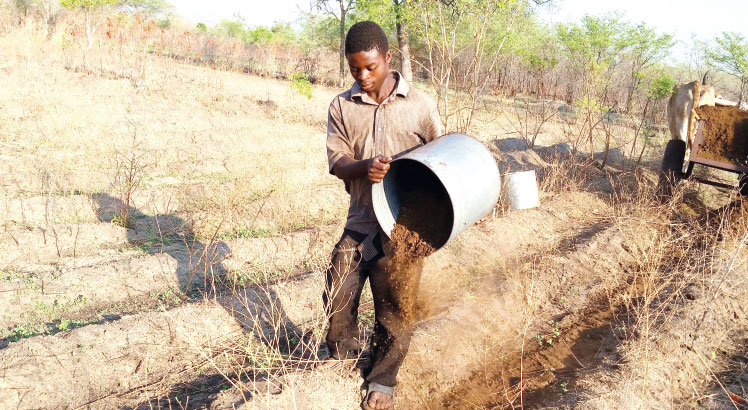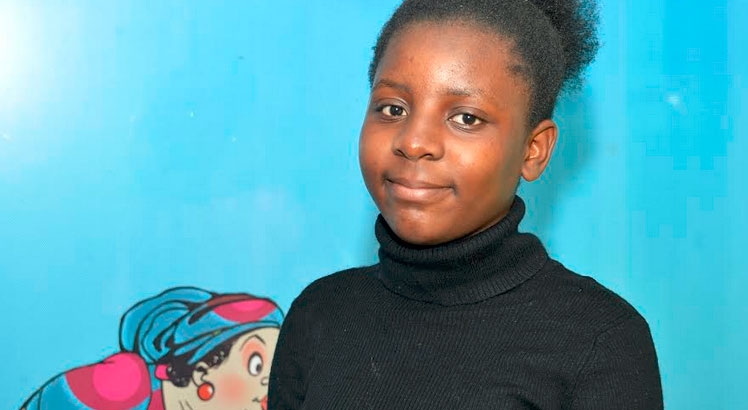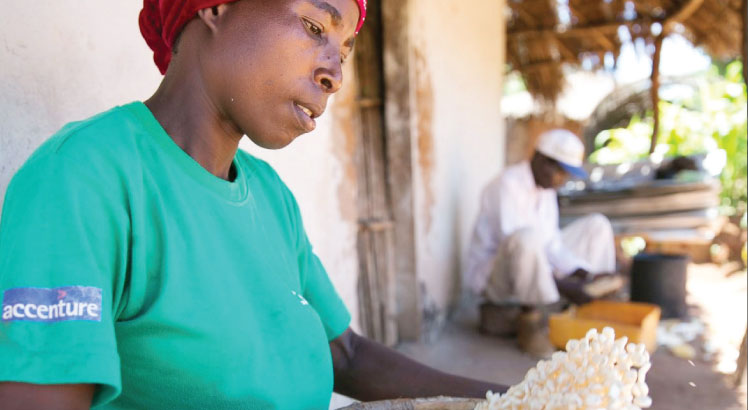Are we taking care of senior citizens?
Globally, the population is ageing and Malawi is no exception. The 2008 Population and Housing Census showed that four percent of the Malawi population comprised people aged over 65 years old. Although in percentage terms this may seem small, in reality it means over 530 000 older people out of the 13.1 million people counted. We are not talking about faceless numbers here, these are real people.
Given that 80 percent of Malawians live in rural areas and rely on agriculture, most of these people may not even have a pension to look forward to at the middle of the month. This is further exacerbated by the inconvenient truth that as we grow older we are not able to carry out activities required for one to lead an independent life. This calls for a rethink in the way that, as a country, we look after the welfare of our senior citizens.
Recent research has shown that the elderly in Malawi have been dependent on the economic and social support of their children and the community. With changing socio-economic dynamics and family ties in Malawi, children are increasingly failing to look after their ageing parents. Similarly, communities are failing to provide for the needs of the elderly.
Lately, Malawi has seen a growing interest in the rights of special or minority groups. This is commendable. However, the human rights and welfare of the elderly is a topic that is generally neglected and the level of awareness of the predicament of the elderly is relatively low.
The most vulnerable among the elderly are the poor and disadvantaged ones who are deemed as silent recipients of aid by public policy. It is worth noting that there have been commendable steps in a bid to alleviate the elderly’s socio-economic hardship in the country. The establishment of a Ministry Responsible for Persons with Disabilities and the Elderly in 1998 and former president Bingu wa Mutharika’s Silver Grey Foundation in 2007, as well as government’s formulation of the social protection policy, can be viewed as milestones in the welfare of the elderly. However, Malawi does not have a sound and comprehensive social protection programme tailored for the elderly.
The elderly in rural areas hardly benefit from programmes such as Malawi Rural Development Fund (Mardef) and the Farm Input Subsidy Programme (Fisp), further debilitating their already frail socio-economic security. There is, therefore, urgent need to explore the productive potential of the elderly as some are capable of investing their energies in informal economic activities, thereby promoting self-reliance. Otherwise, these people will continue being at the receiving end of help.
The elderly play a fundamental role in our societies today, such as caring for orphaned children, providing household income and providing wisdom.
Yet, older people are often excluded from development programmes and many services such as health care. In the health sector, the right-to-health approach is indispensable for the designing, implementation, monitoring and evaluation of health-related policies and programmes to enable older persons enjoy this right.
In contemporary Malawi and much of Africa it is therefore a common phenomenon that older poor people consult traditional healers as their first form of medical care since modern medicine is too expensive for them and sometimes too far that it’s difficult for them to reach the health services.
Sometimes the elderly are discriminated against at the medical institutions as they are treated with scorn and disregard, presumably for wasting medicine meant for younger people. For example, you go to many hospitals in Malawi you will find children’s ward, male ward, female ward, maternity ward but you will hardly find a geriatric (old people’s) ward. This seriously begs for legislation for government to recognize this age group so that they can be treated with dignity and promote their rights while accessing the health care facilities.
The difficulties of the elderly in Malawi seem to get the wrong end of the stick. For example, witchcraft accusations are rife in Malawi and the victims have often been the elderly, in particular women.
It is, therefore, necessary that Malawi revises the care, protection and support of the elderly. Proper legislation, elderly-tailored social policies to fit them and a rethink of our social perceptions towards the elderly are core to identifying their full potential and contributions to society as a whole.
**The author is a lecturer in social work at the Catholic of University of Malawi but writes in her personal capacity.





